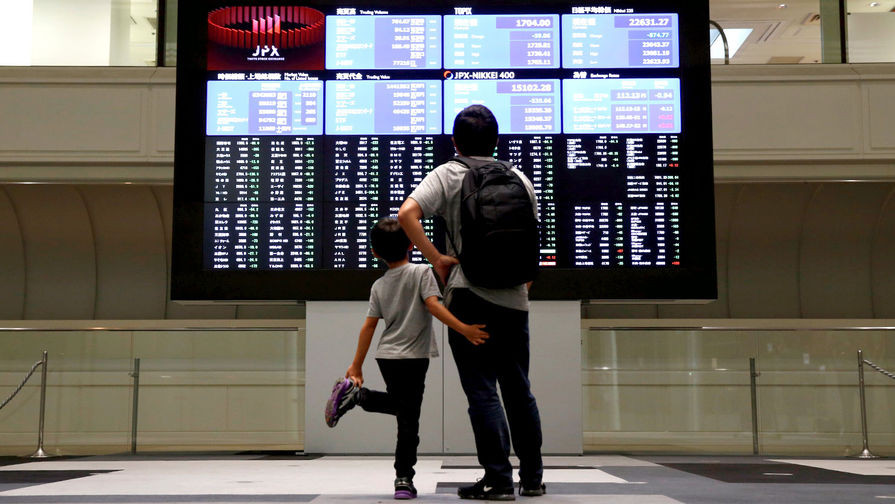
Asian stock indexes have largely finished Wednesday in negative territory. The Hang Seng Index fell by 2.38%. The Shanghai Composite and the Shenzhen Composite decreased by 0.58% and 0.18% respectively. The KOSPI lost 0.98%, the Nikkei 225 went down by 0.69%, and the S&P/ASX shed 0.5%.
Investors today awaited the release of US inflation data. Inflation was predicted to decline to 8.7% in July from 9.1% in June. In the previous month, price growth reached the highest level in more than 40 years. The CPI data would significantly influence the Federal Reserve's decisions on interest rate.
Asian markets also came under pressure from Chinese inflation data. According to the latest report, inflation has increased to 2.7% in July from 2.5% in June, reaching the highest level since 2020.The producers price index also hit 4.2%, down from 6.1% recorded in June - the lowest point in 18 months.
The worst performing Chinese stocks were WuXi Apptec (-2.6%), ChangChun High (-2.9%), BYD (-3.9%), Kweichow Moutai (-1.5%), and ChongQing Changan (-1.1%).
In Japan, tech stocks slid down amid concerns over prospective economic growth and a potential interest rate increase. Tokyo Electron fell by 2.6%, Advantest decreased by 3.9%, Lasertec dived by 4.6%, Keyence declined by 1.9%, and Sony Group dropped by 1.6%.
Shares of Toyota Motor rose by 0.8%, despite the company's announcement that it would halt production at several factories due to an upsurge of COVID-19 infections.
In South Korea, shares of Samsung Electronics and Hyundai Motor lost 1.8% and 0.5% respectively.
Shares of SK Telecom decreased by 0.6% due to a weak revenue report. The company's net profit plummeted by 67.6% to 258.1 billion won or $197.7 million in the Q2 2022. SK Telecom's revenue increased by only 4% to 4.29 trillion won.
In Australia, the worst performing companies were Computershare (-6.6%), Block (-5.1%), and Xero (-3.1%).
Shares of Commonwealth Bank of Australia lost 1% despite a positive second quarter earnings report. Borrower activity has decreased over the past 6 months due to rising interest rates.





















